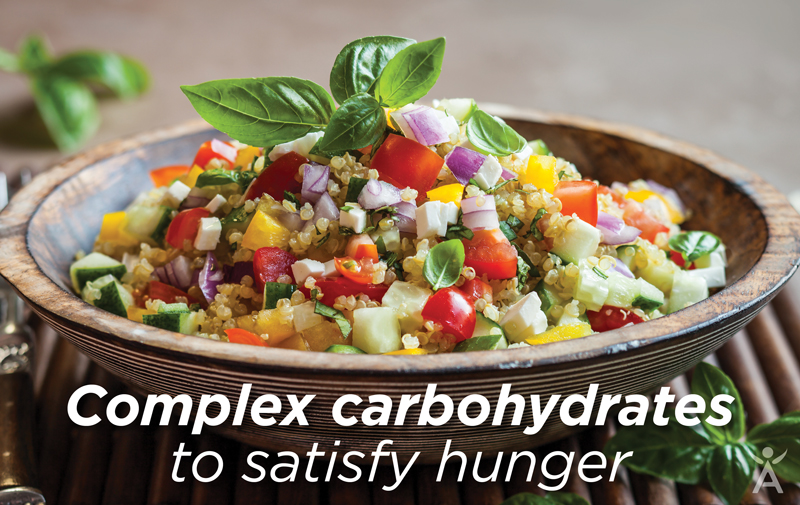Isagenix® offers an array of delicious snack options like SlimCakes®™, Isagenix Snacks®™, FibreSnacks™ and IsaDelight™. When you choose Isagenix snacks, you know that you’re getting balanced nutrition and an appropriately sized portion, however, we understand that you may also want to branch out and start creating other healthy snacks in the kitchen to keep yourself fueled between meals on Shake Days. This leads to one important question: how should you build your own Shake Day snacks at home?
We’ve put together some handy tips to help you achieve snacking success:
Find your fibre
The foundation of your snack should be a food that provides a good source of dietary fibre. Choosing fibre-rich foods helps you to feel more satisfied with fewer kilojoules.
Add protein and good fats
Combining a source of fibre with protein and a little bit of good fat is the best recipe for snacking satisfaction. Protein and fibre are the two factors that help you feel most satisfied after a meal or snack and adding a small amount of fat helps to slow digestion and provide a more gradual, steady source of energy.

Choose the right-sized snack
One of the most important factors in building a better Shake Day snack is planning a portion size that will keep you within your target kilojoule range. Snack sizes will depend on how active you are that day so if you’re planning an intense workout, be sure to take that into consideration.
Plan ahead
One key to healthy snacking is to plan ahead. The best time to prepare snacks is when you’re not feeling hungry. This way, you’ll be able to choose your snacks without a rumbling stomach overwhelming your better judgment. For example, you might want to prep your snacks in the evening to get ready for the next day or it may work better for you to plan ahead for an entire week.
Snacking on Shake Days can help you to manage your appetite and keep cravings under control but only if you choose wisely. When hunger hits between meals, being prepared with the right kind of snack can mean the difference between letting excessive hunger lead to overeating and unhealthy food choices and staying on track with your health goals.
Of course, with any changes to your diet, the advice of a qualified professional such as a dietitian will help you make the most informed decision about your health.






